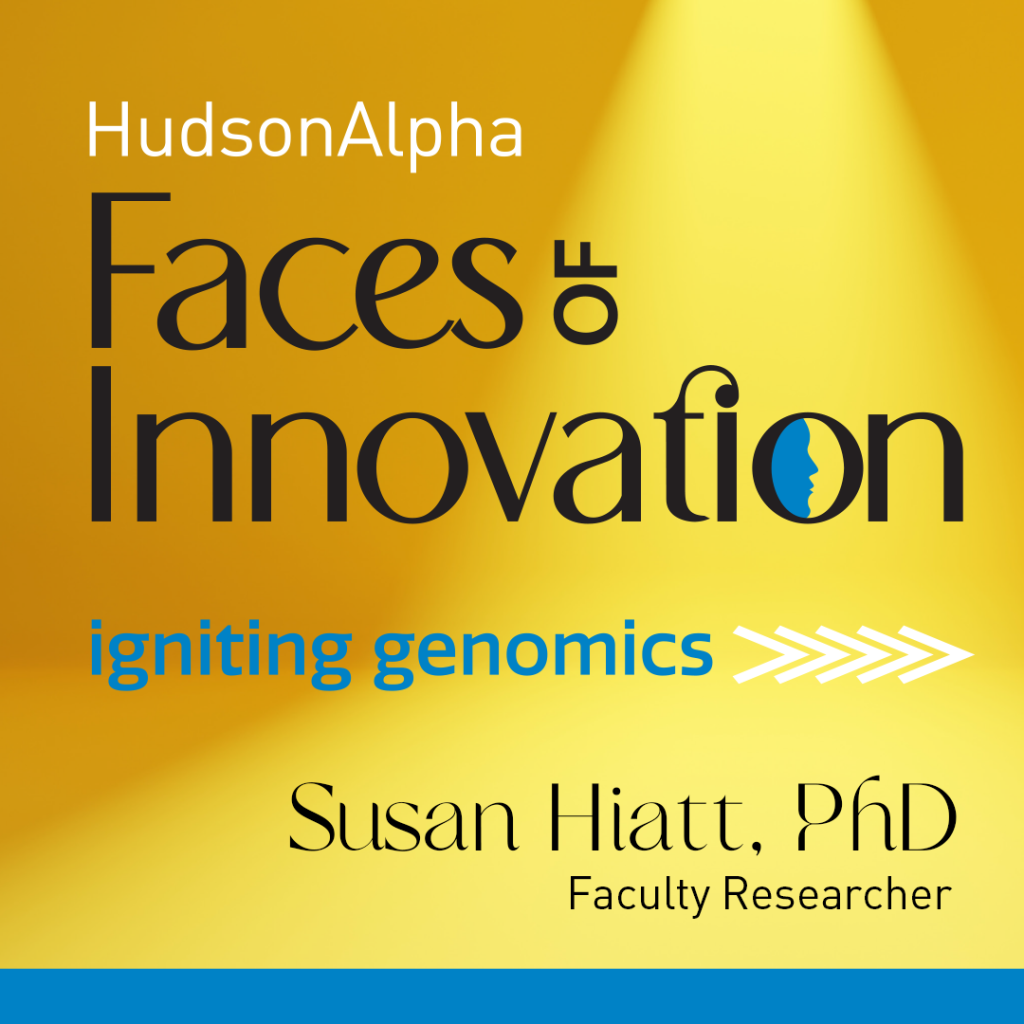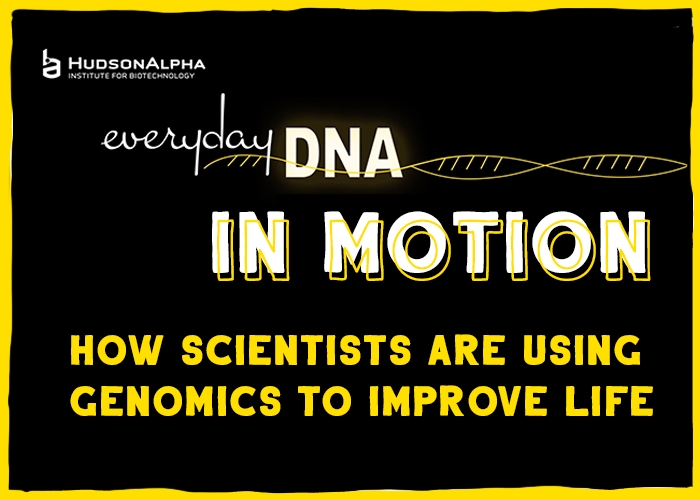Greg Cooper, PhD, a faculty investigator at the HudsonAlpha Institute for Biotechnology, has been awarded an 18-month, $220,000 grant from the Simons Foundation Autism Research Initiative (SFARI) to identify new genetic risk factors for autism. As part of the grant, Cooper will analyze whole genome sequencing data from 500 affected children, their parents and an unaffected sibling, known as a quartet.
Cooper hopes the research funded by the SFARI grant will ultimately lead to better insights into the genetic and molecular mechanisms that contribute to autism and related conditions, improve diagnostic success rates and help guide further research to improve health and educational outcomes for children with autism and their families. Cooper’s research could have wide-reaching effects since one in every 68 children has an autism spectrum disorder, according to the Center for Disease Control and Prevention estimates.
“We were excited about the data set because it overlaps with our current research on intellectual disability and other developmental problems,” Cooper said. “The SFARI grant also facilitates important positive relationships with a wonderful group of investigators. I look forward to seeing what the data will reveal and to collaborating with the researchers that the Simons Foundation brings together.”
The Simons Foundation, based in New York, supports research in the basic sciences and mathematics. Its autism research initiative, SFARI, seeks to improve the understanding, diagnosis and treatment of autism spectrum disorders by funding innovative research.
Cooper’s team at HudsonAlpha will use the quartets to compare parents’ DNA to their affected child’s genome to find changes in the child’s genetic makeup — known as variants — that could be causing or contributing to the child’s autism. Then, that child’s DNA can be compared to his or her unaffected sibling’s DNA to help narrow down the variants even more. Over three million variants could exist in a single genome, so the family quartet structure helps focus researchers’ spotlights on changes that are unique to an affected child.
About HudsonAlpha: HudsonAlpha Institute for Biotechnology is a nonprofit institute dedicated to innovating in the field of genomic technology and sciences across a spectrum of biological challenges. Founded in 2008, its mission is four-fold: sparking scientific discoveries that can impact human health and well-being; bringing genomic medicine into clinical care; fostering biotech entrepreneurship; and encouraging the creation of a genomics-literate workforce and society. The HudsonAlpha biotechnology campus consists of 152 acres nestled within Cummings Research Park, the nation’s second largest research park. Designed to be a hothouse of biotech economic development, HudsonAlpha’s state-of-the-art facilities co-locate nonprofit scientific researchers with entrepreneurs and educators. The relationships formed on the HudsonAlpha campus encourage collaborations that produce advances in medicine and agriculture. Under the leadership of Dr. Richard M. Myers, a key collaborator on the Human Genome Project, HudsonAlpha has become a national and international leader in genetics and genomics research and biotech education, and includes 29 diverse biotech companies on campus. To learn more about HudsonAlpha, visit: http://hudsonalpha.org/.
Media Contact:
Margetta Thomas
256-327-0425
mthomas@hudsonalpha.org


